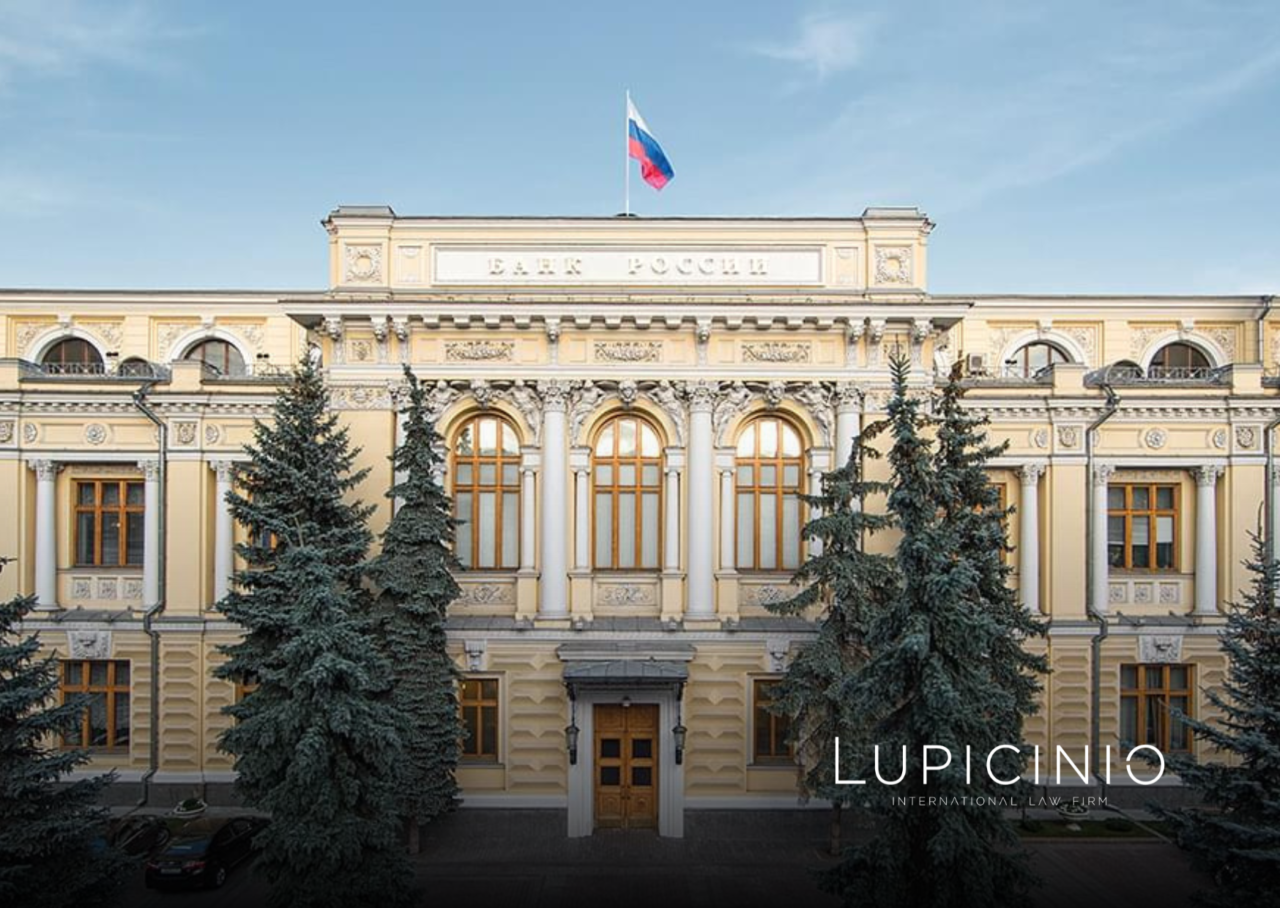An ongoing concern of the European Union (EU), as well as the US, the G7 and other states, is to sustain Ukraine and support it in its recovery and reconstruction. In this regard, many voices have been raised in favour of using Russian assets, especially public assets that have been frozen or affected by sanctions, or at least the proceeds from them, for Ukraine. The EU has just taken a first step in this direction.
Council Decision (CFSP) 2024/577 of 12 February 2024 amending Decision 2014/145/CFSP concerning restrictive measures motivated by actions by Russia which destabilise the situation in Ukraine and Council Regulation (EU) 2024/576 of 12 February 2024 amending Regulation (EU) No 833/2014 concerning restrictive measures motivated by actions by Russia which destabilise the situation in Ukraine were published in the OJEU on 14 February 2024.
The main purpose for these new rules is as follows: Articles 1a(4) of Decision 2014/512/CFSP and 5a(4) of Regulation (EU) 833/2014 prohibit transactions with the asset management of the Central Bank of Russia and in particular direct or indirect transfers to or for its benefit, or any legal person, entity or body acting on its behalf or at its direction, such as the Russian National Investment Fund. The prohibition of these transactions is generating an extraordinary and unexpected accumulation of cash balances on the balance sheets of central securities depositories within the meaning of Regulation (EU) 909/2014. Given this reality, the EU intends to ensure that the windfall and extraordinary profits of central securities depositories, accumulated in the period between the date of entry into force of the new rules, i.e. 15 February 2024, and the date on which the restrictive measures concerning the Central Bank of Russia are lifted or suspended, are used in favour of Ukraine.
In a first phase, central securities depositories should account for and manage the extraordinary cash balances that accumulate as a result of the sanctions against the Central Bank of Russia separately from their other activities and should keep the income generated separate. In a second phase, the Council may decide how these proceeds should be used to support Ukraine and its recovery and reconstruction.
Currently, we are only in the first phase. In this respect, the new regulation states the following:
- Articles 1a(4) of Decision 2014/512/CFSP and 5a(4) of Regulation (EU) 833/2014 shall not apply to accountancy balance sheet management transactions involving assets and reserves of the Central Bank of Russia or any entity acting on its behalf or at its direction, made since 28 February 2022.
- As of 15 February, and for as long as the sanctions provided for in the above-mentioned articles remain in place, central securities depositories holding assets of the Central Bank of Russia or any entity acting on its behalf or under its direction with a total value exceeding €1,000,000 will have the following obligations in relation to cash balances accumulated entirely because of the sanctions:
-
- These balances shall be accounted for separately.
- Income generated by cash balances since 15 February will be recorded separately in the accounts of central securities depositories.
- Net profits determined in respect of the profits referred to in the previous paragraph, i.e. after deduction of management fees and tax payments, may not be transferred by way of distribution in the form of dividends or in any form benefiting shareholders or third parties, until the Council decides unanimously on the establishment of a possible financial contribution to Ukraine based on such net profits.
- Pending the Council’s decision, each central securities depository may request its supervisory authority to authorise the release of a part of the net profit in order to meet statutory capital and risk management requirements.
-
For the moment, the new rules have only established accounting, record-keeping and withholding obligations, and only in respect of the cash balances on the balance sheets of central securities depositories generated by the prohibition of transactions with the Central Bank of Russia and with entities acting on its behalf or at its direction. In this respect, we can say that these are measures of very modest relevance, but that they open a very worrying path, in that it seems that the EU is beginning to operate, albeit timidly, in the direction of using the blocked Russian assets to hand them over to Ukraine. In a previous publication we have already warned of the many legal objections, some of them difficult to overcome, that such EU behavior would raise, and we sincerely hope that steps in this direction will go no further.
By: Lupicinio, Iriarte, Fátima R. and J. Ordoñez.
******
More information:
Lupicinio International Law Firm
C/ Villanueva 29
28001 Madrid
P: +34 91 436 00 90
info@lupicinio.com






